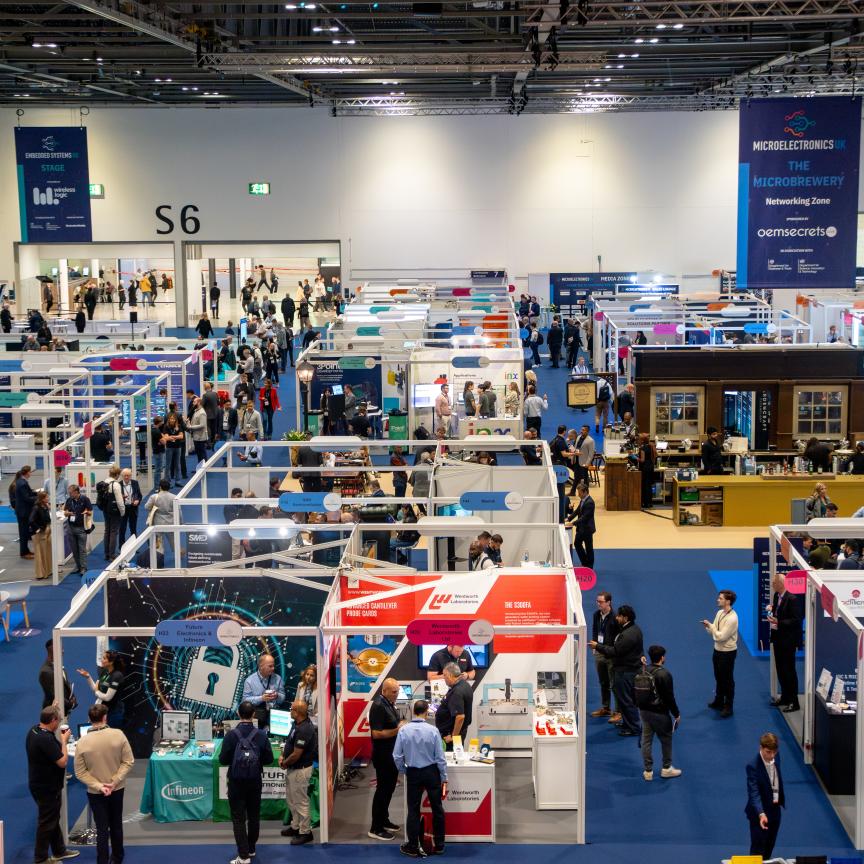Liz Gerrish gives her perspective on why having a mentor is crucial for women beginning careers in photonics
I was recently asked why mentorship is important for young women interested in careers in optics. As important as the issue is to me, I stumbled on an answer and, after introspection, realised that I have had very little formal mentorship during my career and recognise several areas where having a mentor would have been valuable.
Similar to other STEM industries, optics and photonics grapples with issues surrounding gender equality. In fact, the key findings of the SPIE – the international society for optics and photonics – Gender Equity Task Force revealed that in 2017 women worldwide had lower salaries and make an average 37 per cent less than their male counterparts in similar jobs and with similar experience. Further key findings were:
- Women only represented approximately 21 per cent of the optics and photonics community;
- Women take mid-career breaks more often than men, with 69 per cent of female survey participants citing childcare as a primary reason versus 9 per cent of men;
- A significantly higher percentage of men hold management positions and are in senior ranks of academia.
Most young engineers face similar early career obstacles such as building a professional network and developing business acumen. However, as a female engineer, I faced additional trials that I rarely felt my male counterparts fully conceptualised and are the very reasons that I needed mentorship.
Women make up 21 per cent of photonics community
I needed mentorship as a young engineer because I often felt isolated. With the percentage of women in the optics industry around 21 per cent worldwide, it was not uncommon for me to work for long stretches of time without another woman as a peer. More than testing my technical acumen or self-confidence, the low statistic left me feeling isolated and it was easy to believe that I am the only person who experienced it. However, the more I heard other educated and talented women share their experience, the more cohesive the narrative about the female STEM experience became. Mentorship, early in my career, would have helped me learn that a group response was not about me personally, or identify when it was personal. Mentorship would have also connected me to a larger professional network and allowed me to gain access to other STEM ladies who had experiences similar to mine.
Mid-career breaks
I needed mentorship because balancing work and family was more complex for me than for many of my male peers. The Gender Equity Task Force found that not only do women take more mid-career breaks than men, 69 per cent of females cite childcare as the reason, as opposed to 9 per cent of men. For me, as my career grew, so did my family. While I never took a mid-career break, I did have to navigate issues around maternity leave and there were days that I was ready to trade my optics engineering title for a stay-at-home-mom title. As my children got older, navigating afterschool activities and childcare got more complicated, not less. I still struggle to keep all the parts of my career and my domestic life going. For me, having a mentor, especially during the time my last child was born would have given me an ally to help navigate taking time off work.
Management and senior roles
I needed mentorship because my career path was less certain than those of my male counterparts. The SPIE Gender Equity Task Force found that men occupy significantly more management and senior academic roles than women. With so few women in management and C-level positions, I had very few established patterns of success to follow and I’ve never had a clear path to follow to get from where I am to where I’d like my career to be. As much as my male colleagues, I want my work to be meaningful and have an ambitious vision of what my career can become. Having a mentor in a higher position, male or female, would have helped me strategise an upwardly mobile career path earlier in my career.
In addition to the challenges faced by other early career engineers, young women are forced to critically evaluate the difference between perceived faults due to their gender and the real results of their work. My career has been deeply impacted by constantly being surrounded by people who do not recognise my experience is different than their own. Throughout my career I have developed a strong set of tools to help me identify and deal with situations where the perception of my female characteristics clash with the characteristics perceived necessary to execute on technology-based tasks.
Mentorship early in my career would have helped me successfully navigate my career trajectory and make sense of what was happening to me. For many young women, having mentorship is the difference between them building a successful career in science or engineering jobs or simply leaving to pursue a job elsewhere.
--
Prior to her current position at Wilcox Industries, Liz Gerrish was a key account manager for Zemax, where she created a global key account sales programme. In 2017, she completed an MSc in management and leadership from Western Governors University, with a thesis focused on female leadership in male-dominated industries. She also holds a bachelor of science in physics from the University of Washington and a certificate in Gender Mainstreaming from United Nations Women.


